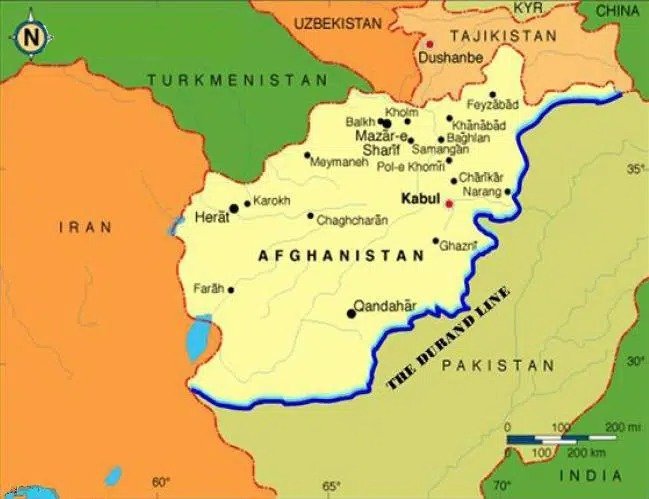ISLAMABAD: The BISP anaemia pilot has shown promising results in reducing anaemia among adolescent girls in Pakistan. Nutrition International’s evaluation confirms that the initiative reached over 100,000 girls with weekly iron and folic acid supplements, while also improving their understanding of nutrition and anaemia.
The Benazir Income Support Program (BISP) and Nutrition International launched the pilot project—Adolescent Nutrition Conditional Cash Transfer—to target anaemia in girls aged 15–19. Running from 2023 to 2025, the program provided Weekly Iron and Folic Acid Supplementation (WIFAS), sourced internationally by Nutrition International.
In addition to supplements, the initiative offered nutrition education for girls and their mothers. Mothers received quarterly conditional cash transfers (CCTs), which increased from PKR 1,000 to PKR 2,500 during the pilot. These transfers were tied to regular WIFAS intake and attendance at education sessions.
The pilot was implemented across six districts in Sindh, Punjab, Balochistan, Khyber Pakhtunkhwa, Gilgit-Baltistan, and Azad Jammu & Kashmir. It leveraged BISP’s Benazir Nashonuma Programme (BNP) and used BNP facilitation centers at government hospitals to reach vulnerable adolescent girls, especially those out of school.
BISP partnered with the World Food Programme (WFP) for implementation. The Bill & Melinda Gates Foundation funded both the pilot and its evaluation. Nutrition International collaborated with Aga Khan University, PHC Global, and Allama Iqbal Open University to assess impact. A Technical Working Group—including BISP, WFP, and UNICEF—guided the evaluation.
Findings show that girls gained knowledge about anaemia symptoms and iron-rich foods. Families reported better health and stronger trust in service delivery. The initiative also improved connections with community health workers.
According to the National Nutrition Survey 2018, 54.7% of adolescent girls in Pakistan are anaemic. This condition leads to fatigue, poor concentration, and long-term cognitive and physical challenges. The BISP anaemia pilot directly addressed these risks by integrating nutrition into Pakistan’s social protection system.
A dissemination event organized by Nutrition International and BISP highlighted the pilot’s success and potential for national scale-up. Key lessons included the need for better community engagement, smoother cash delivery, and stronger supply chain coordination.
With strong evidence and collaboration, BISP, Nutrition International, and their partners aim to expand this model and improve adolescent health across Pakistan.










